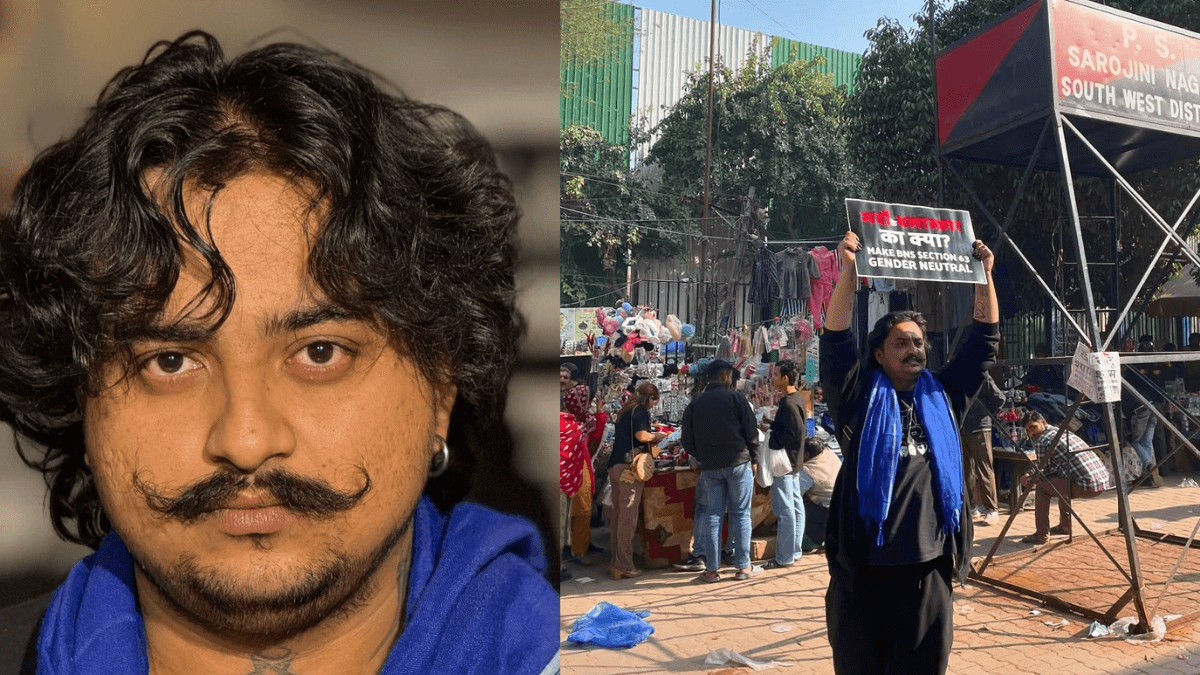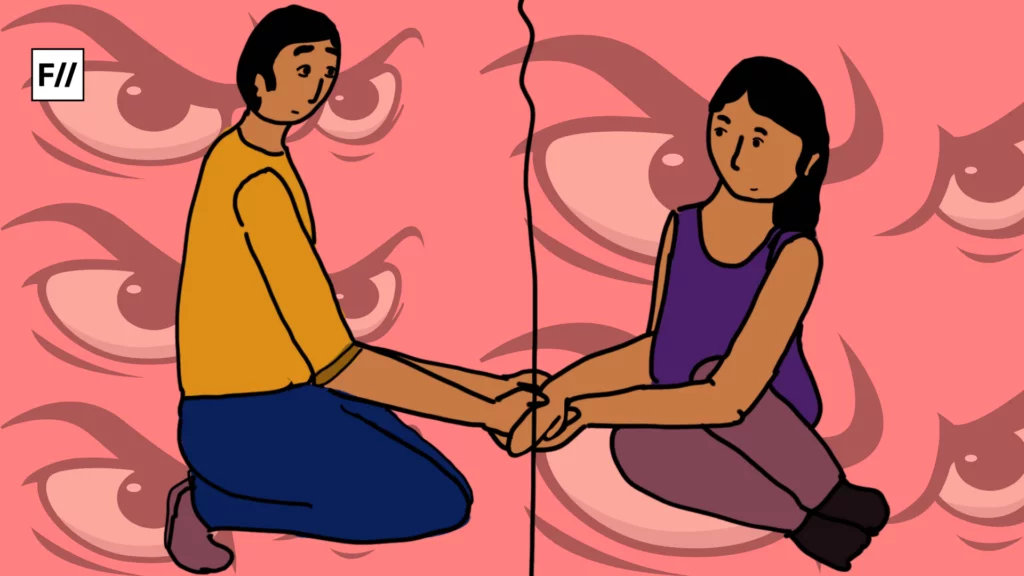As International Women’s Day approaches, preparations are underway to celebrate it. Various organisations choose to honour women by presenting them with awards, and articles pertaining to women’s empowerment. Nevertheless, the question lingers, why, even in 2023, do men with a patriarchal mindset view women solely as “Bahu-Beti-Biwi”? Despite women increasingly leaving their homes and joining public life, they are still burdened with household-type responsibilities. While analysing the allocation of ministries by state, it is evident that female leaders are primarily appointed to the Women and Child Development Ministry.
The lack of women’s representation in politics is a persistent problem in India, and the recent appointment of ministers in various states highlights this issue once again. In Uttar Pradesh, out of 405 MLAs, only 47 are women. However, even among these women, only one has been given a cabinet ministerial post with the women and child development portfolio, while the others have been appointed as Ministers of State. This is a disheartening situation for a state with a population of over 200 million people.
Assigning women only to ministries related to women and child development is a stereotypical view that needs to be changed. In Indian politics, both the king and the kingmaker have to stop looking at women from the point of view of “Bahu-Biwi-Beti” and instead see women in politics as their leaders and give them proper and powerful portfolios. The appointment of women as ministers is crucial in promoting gender-sensitive policies and addressing the issues faced by women in society.
Similarly, in Jharkhand, only 10 out of 81 MLAs are women, and out of these, only one has been appointed as a Minister-in-Charge with the Department of Women, Child Development & Social Security. This indicates that women’s issues are still not taken seriously in politics. In Rajasthan, out of 201 MLAs, only 24 are women, and among these, only two have been appointed as members of the council of ministers. This is a meagre representation of a state that prides itself on its cultural and historical significance.

The South of India is not so different as Andhra Pradesh has only 14 out of 176 MLAs who are women, and only four of these women have been appointed as members of the cabinet. This is a paltry representation, considering the important role that women play in the state’s economy and society.
Looking at the data of the states and union territories where elections are being held now, it is understood that out of 30 states and union territories, 9 states, such as Uttar Pradesh, Jharkhand, Rajasthan, Haryana, Andhra Pradesh, Uttarakhand, West Bengal, Gujarat, and Chhattisgarh, if one woman is elected as the MLA, she has been given the Women and Child Development Ministry. If there is more than one woman MLA, then at least one woman has been given the Ministry of Women and Child Development.
Haryana, Uttarakhand, Gujarat, and Chhattisgarh also have alarmingly low numbers of women MLAs and the few who have been appointed as ministers but not given prominent portfolios. This situation is unacceptable and reflects a lack of commitment to women’s empowerment and gender equality.
Also Read: Why Are Women Under-Represented In Politics?
The situation is somewhat better in West Bengal, where 40 out of 296 MLAs are women. However, only two of these women have been appointed as cabinet ministers, while the others have been given less prominent roles. This is not a true representation of the state’s commitment to gender equality and women’s empowerment.
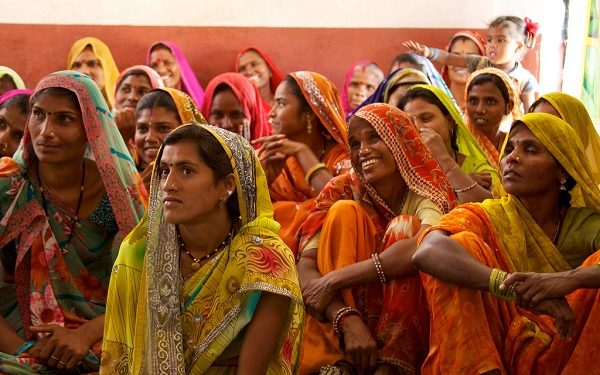
Looking at the data of the states and union territories where elections are being held now, it is understood that out of 30 states and union territories, 9 states, such as Uttar Pradesh, Jharkhand, Rajasthan, Haryana, Andhra Pradesh, Uttarakhand, West Bengal, Gujarat, and Chhattisgarh, if one woman is elected as the MLA, she has been given the Women and Child Development Ministry. If there is more than one woman MLA, then at least one woman has been given the Ministry of Women and Child Development. In addition to these 9 states, 9 other states and union territories, namely Delhi, Maharashtra, Goa, Nagaland, Mizoram, Meghalaya, Arunachal Pradesh, Sikkim, and Manipur, do not have a single woman minister.
The appointment of women as ministers is crucial in promoting gender-sensitive policies and addressing the issues faced by women in society. In a state where there is not a single woman minister, who will speak up for women’s interests? Who will raise their voices and put forward bills before the assembly to get them passed? Apart from these 18 states, women in other states have been given ministries such as the Transport Ministry, Ministry of Housing and Urban Development, and the Ministry of Animal Husbandry.
Assigning women only to ministries related to women and child development is a stereotypical view that needs to be changed. So here in Indian politics, both the king and the kingmaker have to stop looking at women from the point of view of “Bahu-Biwi-Beti” and instead see women in politics as their leaders and give them proper and powerful portfolios.
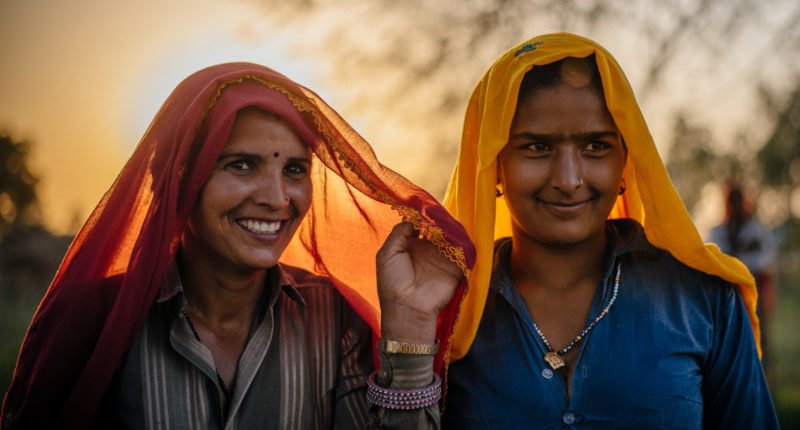
Aside from that, every woman should understand that since independence, why only 16 women have become chief ministers out of the 369 chief ministers across the state, which is India’s biggest failure as the world’s largest democracy.
It’s crucial to break gender stereotypes and ensure that women have equal opportunities to serve in all areas of governance, including high-ranking positions like Chief Ministers, Cabinet Ministers, and Prime Ministers. Including women in decision-making processes will lead to more gender-sensitive policies and bring about positive change in the lives of women.
Political parties must proactively encourage and actively seek out women’s participation in politics and provide them with opportunities to contest elections. Furthermore, women should be given critical portfolios, such as finance, education, health, and social welfare, to empower them to influence policies that impact women’s lives.
The low representation of women in the council of ministers is concerning as it reflects the lack of women’s voices in policy-making. This gender disparity is also evident in the low number of women elected representatives. To address this issue, there is a need to increase women’s representation in elected bodies. Political parties must provide more tickets to women candidates and address the barriers that prevent women from entering politics.
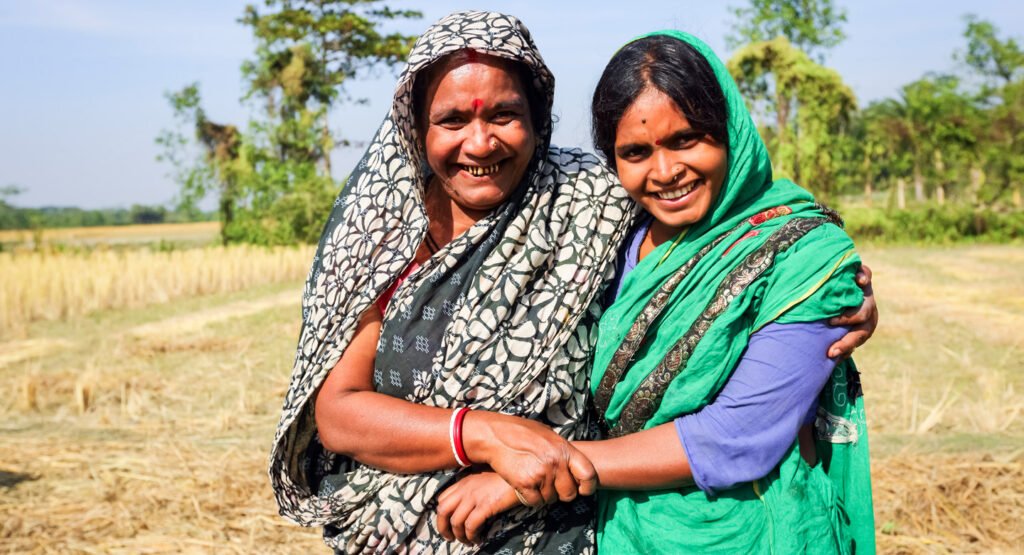
Political parties must proactively encourage and actively seek out women’s participation in politics and provide them with opportunities to contest elections. Furthermore, women should be given critical portfolios, such as finance, education, health, and social welfare, to empower them to influence policies that impact women’s lives. Appointing women as ministers with crucial portfolios would indicate a resolute dedication to gender equality and women’s empowerment.
Also Read: Muslim Women In Indian Politics: Reservation Proposed by the AIMMM
It’s time for political parties to take action and give women the representation they deserve. We must move beyond tokenism and work towards creating a society that is truly gender-equal.
About the author(s)
Kanchana is an activist and a researcher, pursuing PhD in computational and integrative
sciences at Jawaharlal Nehru University. She has also been nominated for the "Women of Substance
Network and Award 2023".


